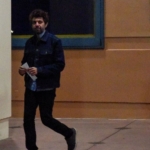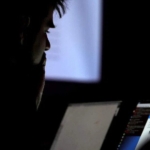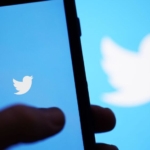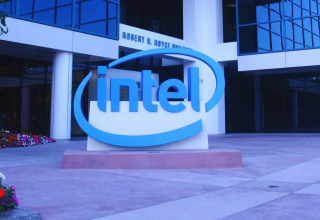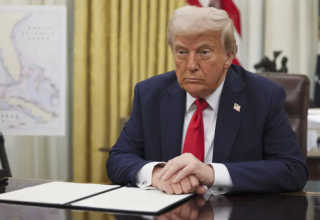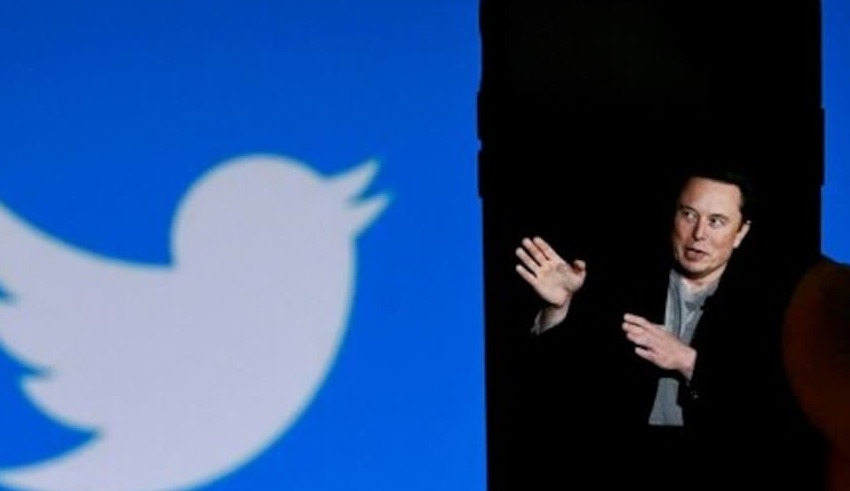
On Friday, December 16, Twitter’s unprecedented suspension of at least five journalists on allegations that they disclosed Elon Musk’s real-time location attracted quick outrage from government officials, advocacy groups, and press organizations throughout the world.
Officials from France, Germany, the United Kingdom, and the European Union criticized the suspensions, with some claiming that the platform threatened journalistic freedom.
Critics saw the incident, which a prominent security researcher dubbed the “Thursday Night Massacre,” as additional proof of the billionaire, who calls himself a “free speech absolutist,” removing speech and people he hates.
Friday, shares of Tesla, an electric vehicle manufacturer helmed by Elon Musk, fell 4.7% and marked their biggest weekly loss since March 2020, as investors grew increasingly concerned about Musk’s distraction and the deteriorating global economy.
Roland Lescure, the French minister of industry, tweeted on Friday that he would restrict his own Twitter activity in response to Musk’s suspension of journalists.
United Nations communications chief Melissa Fleming tweeted that she was “very troubled” by the suspensions and that “media freedom is not a toy.”
The German Foreign Office issued a warning on Twitter on actions that threaten journalistic freedom.
The suspensions resulted from a dispute over a Twitter account named ElonJet, which used publicly accessible information to monitor Musk’s private jet.
Keep Reading
Despite Musk’s prior post that he would not remove ElonJet in the interest of free expression, Twitter deactivated the account and others that monitored private planes on Wednesday.
A short time later, Twitter altered its policy to ban the transmission of “live location information.”
Several journalists, including those from The New York Times, CNN, and The Washington Post, were suspended from Twitter without warning on Thursday evening.
Overnight, Twitter’s head of trust and safety, Ella Irwin, stated in an email to Reuters that the team personally checked “all accounts” that violated the new privacy rules by tweeting direct links to the ElonJet account.
“I recognize that the focus appears to be mostly on journalist accounts, but today we implemented the policy equally to journalist and non-journalist accounts,” Irwin wrote in an email.
The Society for the Advancement of Business Editing and Writing stated in a statement released on Friday that Twitter’s actions “violate the spirit of the First Amendment and the principle that social media platforms will permit the unfiltered distribution of information that is already in the public square.”
Musk accused the media of publishing his family’s “essentially assassination coordinates” by publishing his real-time whereabouts.
The billionaire made a brief appearance in a Twitter Spaces audio conversation organized by journalists, which rapidly devolved into a tense debate about whether the suspended reporters had genuinely violated the guideline by revealing Musk’s real-time position.
“If you dox, you are suspended,” Musk stated repeatedly in answer to questioning, “End of story.”
“Dox” refers to the publication of private information about an individual, typically with hostile intent.
The Washington Post’s Drew Harwell, who had been suspended but was allowed to participate in the audio conversation, refuted the allegation that he had revealed Elon Musk or his family’s precise location by providing a link to ElonJet.
BuzzFeed writer Katie Notopoulos, who hosted the Spaces chat, tweeted shortly thereafter that the audio session was abruptly terminated and no tape was available.
Musk explained the situation in a tweet: “We’re resolving a Legacy problem. Should have to work tomorrow.”
